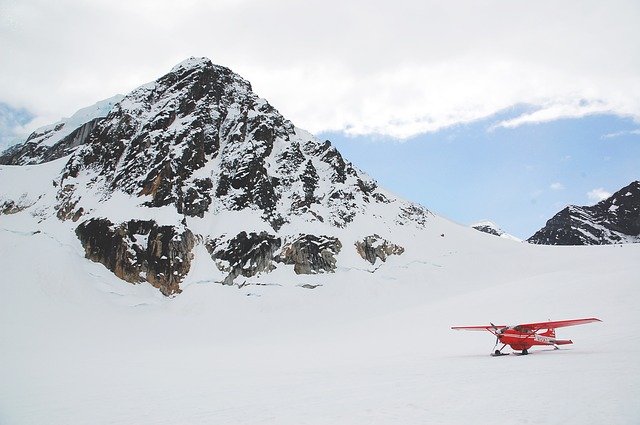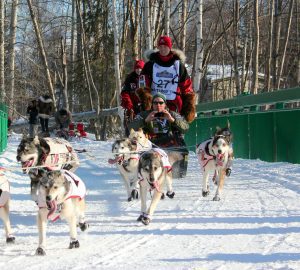By comparison, Alaska remains one of the least affected states by the coronavirus pandemic. New York represents the worst, with 189,415 confirmed cases and over 10,000 deaths. Alaska counts 272 cases with 8 deaths. Only Wyoming counts fewer, with 270 cases. Still, the threat remains active and in response tribal leaders in remote Alaskan villages imposed travel restrictions to protect their communities.
Respecting their autonomy, Governor Mike Dunleavy permitted them to regulate travel as they see fit. Some 70 tribes saw the imposition of travel restrictions necessary to keep the coronavirus out of their resource-light villages. Access to medical care lags behind larger cities in the state. Furthermore, they lack roads connecting them. Most travel between villages happens via snowmobile and plane.
Whether leaving by sky or snow, leaders demand adherence to certain preventative measures. For example, Kivalina, an Inupiat village in northwest Alaska, requires any of its residents leaving to provide the tribal administrator with the departure and return dates, as well as the reason for travel. Then, upon returning, they enter a 14 day mandatory self-quarantine.
Travel Restrictions to Remote Communities Sees Some Pushback
Kivalina has a population of just 379. Such is the case with most remote Alaskan villages.
Some associate the remoteness with a sense of independence. While communities largely function on their own, they rely on larger cities for their chain of supply.
However, the education process for some residents proves difficult. The general counsel for the nonprofit tribal entity Tanana Chiefs Conference, Natasha Singh, Athabaskan, expressed that hurdle. She said certain people choose remote Alaskan life because “they can live their life without being told by outsiders how to do that.”
Bringing in outsider knowledge and recommendation comes with occasional push back. Still, elders recall the impact the 1918 flu outbreak devastating rural villages. For now, they have a lead on the coronavirus. With travel restrictions imposed, they hope to maintain it.




